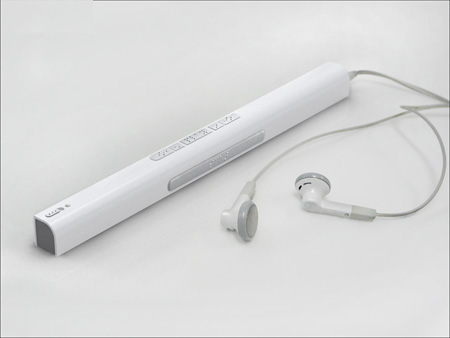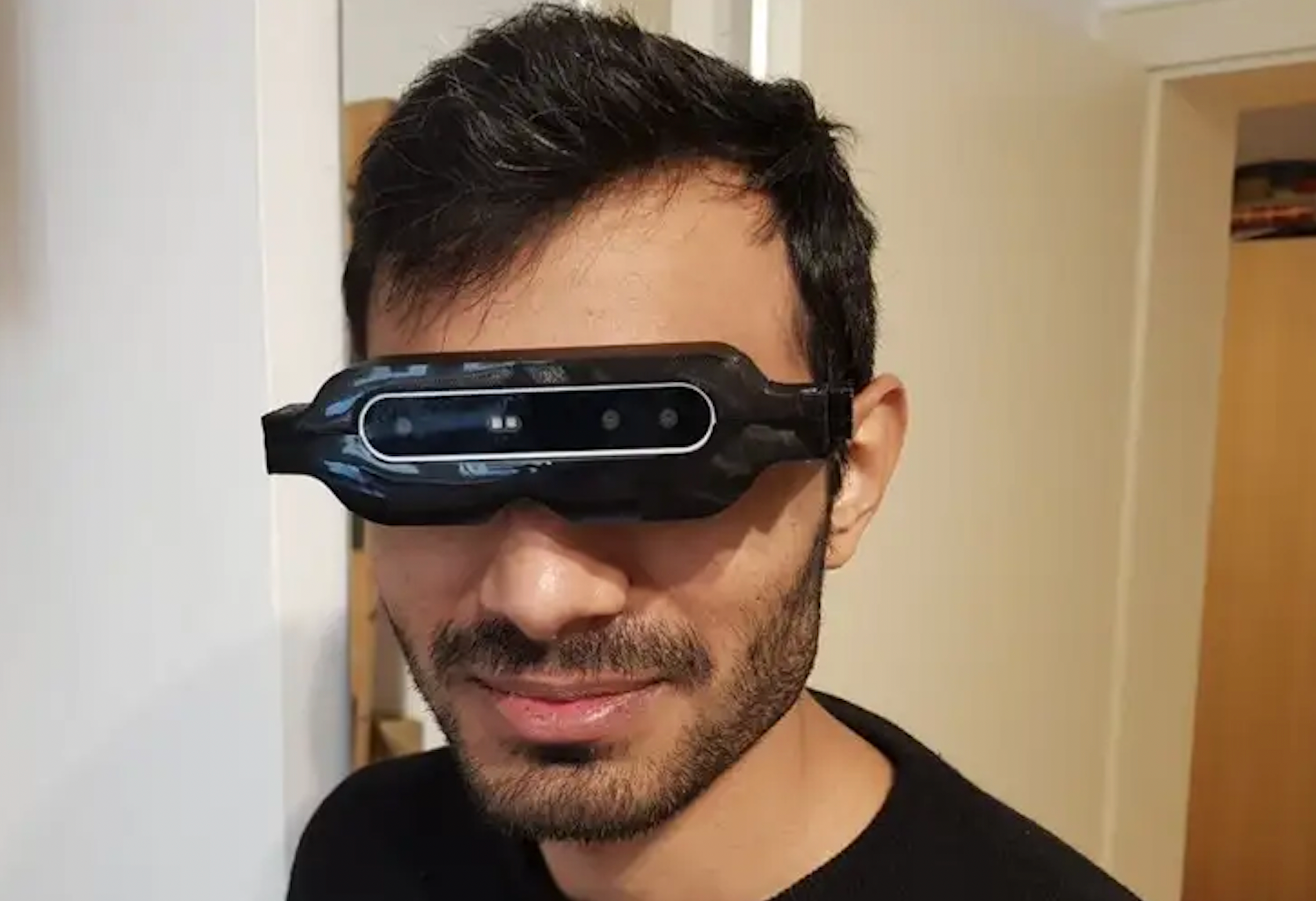Empowering Freedom With Assistive Technology for the Blind
The assimilation of assistive modern technology into the lives of people with aesthetic impairments represents a substantial improvement in promoting independence and self-sufficiency. From ingenious screen visitors to sophisticated wise walking canes, these devices not only improve daily navigation and communication but additionally empower individuals to involve meaningfully in various elements of life. As we check out the myriad benefits and real-world applications of these innovations, it ends up being crucial to examine the underlying elements that add to their efficiency and the possibility for future growths in this crucial area.
Overview of Assistive Modern Technology

The development of assistive modern technology is grounded in concepts of inclusivity and empowerment. Technologies in software program, hardware, and sensory enhancements supply customers with options tailored to their certain demands. From screen visitors that transform message to speech, to tactile tools that convey info via touch, these devices transform the way individuals engage with their environments.
Along with useful applications, assistive innovation fosters greater social incorporation and involvement in numerous markets, including education and work (Voice-activated assistive devices). As r & d proceed to develop, the potential for assistive technology to better boost the lives of aesthetically impaired people stays encouraging, leading the way for an extra equitable culture where every person can grow
Kinds of Assistive Gadgets
A variety of assistive tools have actually arised to sustain individuals with visual disabilities, each designed to satisfy certain requirements and enhance day-to-day functioning. These gadgets vary from low-tech options to high-tech innovations, supplying varied options for individuals.
Low-tech tools consist of magnifiers and large-print products that assist in analysis and writing. Braille devices, such as Braille slates and styluses, enable tactile analysis and communication. Orientation and flexibility aids, like white walking sticks, assist customers browse their setting securely.
On the greater end of the spectrum, electronic zoom systems and screen readers offer substantial assistance. Digital magnifiers permit individuals to enlarge text and photos on displays, while screen readers transform electronic content right into manufactured speech, assisting in access to information on smart devices and computer systems.
Smartphone applications also play a crucial function, supplying functions like text recognition and navigation aid. Wearable modern technology, such as wise glasses equipped with augmented truth, is becoming an appealing device to improve situational awareness.
Advantages of Assistive Modern Technology
The integration of assistive technology substantially enhances the lifestyle for people with visual disabilities. These technologies encourage users by promoting freedom, enabling them to browse their atmospheres better and execute everyday tasks with higher simplicity. Screen visitors and magnification software application allow individuals to accessibility digital details, cultivating specialist and academic chances that may have previously been out of reach.
Furthermore, assistive devices such as clever walking sticks and general practitioners applications offer real-time navigating support, improving mobility and safety. This enhanced autonomy not only improves self-confidence but likewise motivates social engagement, enabling users to participate more fully in their neighborhoods.
Assistive innovation also helps with communication, aiding users get in touch with others via voice recognition and text-to-speech applications. This capability is important for keeping relationships and accessing crucial info.
Additionally, the customization choices available with several assistive technologies guarantee that individuals can tailor devices to their certain demands, additionally improving usability and performance. Overall, the advantages of assistive modern technology for people with visual disabilities are extensive, advertising a more comprehensive culture where everyone can pursue their aspirations and goals.
Study and Success Stories
Highlighting the transformative impact of assistive innovation, countless study highlight how individuals with aesthetic disabilities have actually successfully integrated these devices into their lives. One compelling example entails a college trainee who made use of display analysis software application to navigate scholastic products and online sources effectively. This innovation not just promoted her education and learning yet also enhanced her confidence in participating in conversations and group projects.
One more study features a specialist that utilizes a smartphone application made for navigating and item acknowledgment. By utilizing this application, he has reclaimed autonomy in both his individual and workplace, allowing him to commute separately and engage with colleagues better.
In addition, a retiree shared her experience with braille e-readers, which enabled her to access a huge array of literary works and stay connected see this site with her community via publication clubs.
These success stories highlight the important function of assistive modern technology in cultivating independence, improving high quality of life, and advertising social integration for people with aesthetic problems (OCR devices for the blind). By welcoming these ingenious tools, users can conquer obstacles and take opportunities that add to their expert and personal gratification

Future Patterns in Assistive Technology
Innovation in assistive technology is positioned to redefine the landscape of support for people with aesthetic impairments. Arising fads highlight the combination of man-made knowledge (AI) and equipment knowing, which boost the functionality of tools that assist with navigation and details accessibility. As an example, AI-driven applications are now efficient in translating visual information in real-time, enabling customers to involve with their environment a lot more individually.
Additionally, the growth of wearable innovation is progressing swiftly. Smart glasses outfitted with augmented fact (AR) can offer audio descriptions of environments, transforming just how customers interact with public spaces. These devices not just promote freedom yet also foster social inclusion.
Furthermore, the Internet of Things (IoT) is making homes smarter, enabling for seamless connection in between everyday devices and assistive tools. This connectivity empowers customers by enabling automated reactions and voice-activated controls customized to specific needs.
Final Thought
To conclude, assistive innovation plays a crucial duty in Extra resources empowering individuals with visual impairments by improving their independence and involvement with their environments. The diverse variety of applications and gadgets readily available not only assists in navigation and interaction yet additionally advertises social integration and possibilities for individual and specialist growth. As innovations proceed in this area, the potential for boosting the lifestyle for those with visual problems will expand, promoting greater freedom and empowerment.

Comments on “Explore High-Tech Glasses for the Visually Impaired and Their Benefits”